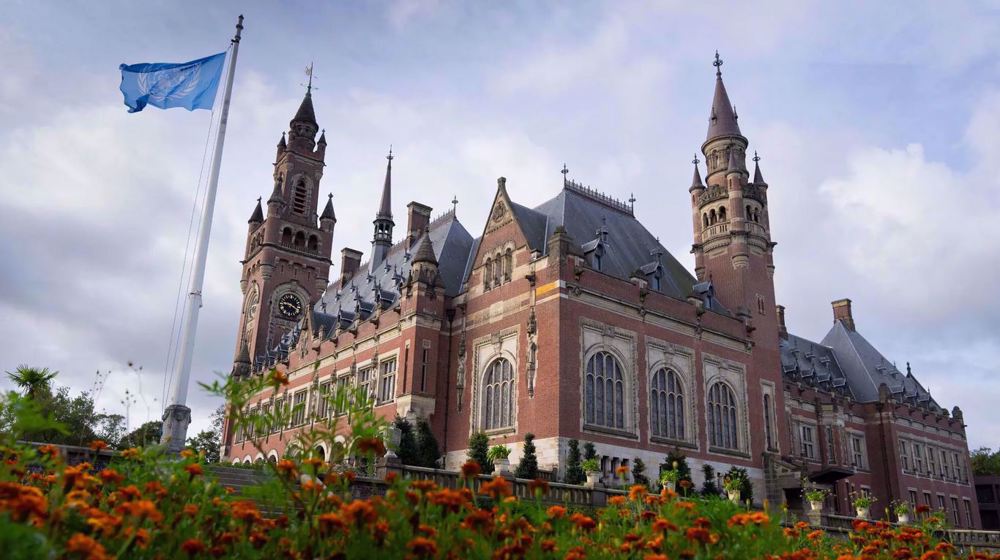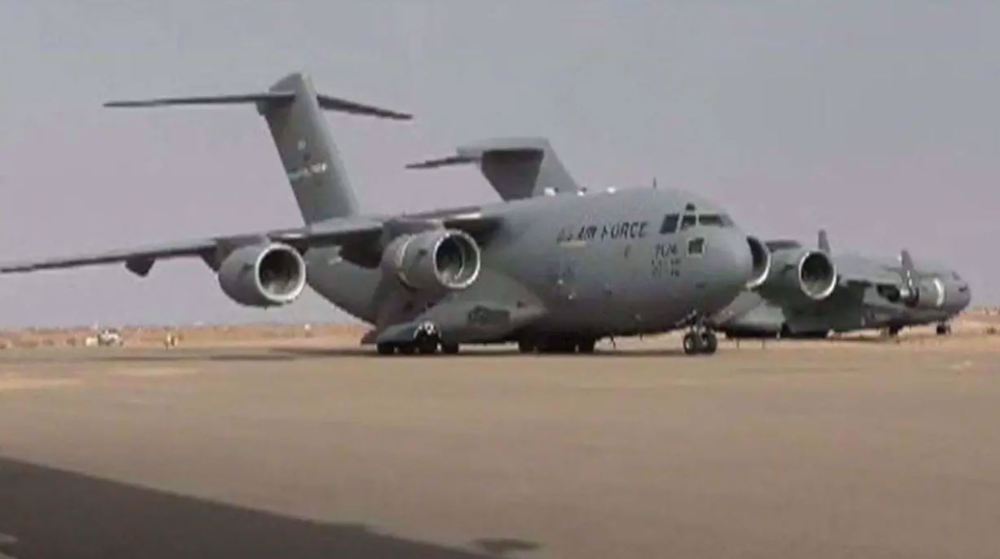CAR accuses former president of attempting coup as rebels form coalition
Leaders of the three main armed rebel groups occupying large areas of the Central African Republic announced a coalition Saturday, while the government accused former president Francois Bozize of an "attempted coup" ahead of next week’s election.
The rebels' announcement could further fuel tensions already on the rise in the troubled country before the presidential and legislative vote on December 27, where the opposition fears massive electoral fraud.
UN peacekeepers meanwhile deployed in response to fresh attacks, as UN Secretary-General Antonio Guterres appealed for calm and for all sides to work together to ensure credible elections there.
The armed groups had decided "to combine all of our movements into a single entity, called the Coalition of Patriots for Change or CPC, under a unified command," the rebels wrote in the statement. The CPC invited "all other armed groups to join."
They also urged its members to "scrupulously respect the integrity of the civilian population" and to allow vehicles belonging to the United Nations and to humanitarian groups to circulate freely.
The authorities in Bangui had not yet reacted to the statement Saturday.
Meanwhile, the government said Saturday that ex-president Bozize was currently near the city of Bossembele, about 150 kilometers (90 miles) northwest of Bangui, and was intending to march on the capital with his men.
"This is clearly an attempted coup d'etat that the government denounces during this electoral period," said government spokesman Ange-Maxime Kaagui.
He accused Bozize's troops of having "cowardly murdered three gendarmes," as well as a military engineer, without giving further details.
Bozize, who recently returned after years in exile, has been barred from running in the election by the country's top court as he had been sought in an international arrest warrant filed by the CAR on charges including murder, arbitrary arrest, and torture.
Bozize, 74, who came to power in a coup in 2003 before being overthrown in 2013, said on Tuesday that he accepted the court's decision.
'Plan to destabilize'
The government had on Wednesday accused Bozize of a "plan to destabilize the country," while the opposition says it fears massive electoral fraud.
The UN mission in the CAR, MINUSCA, said on Friday that its blue helmet forces were on "maximum alert" to prevent armed groups from disrupting the elections.
The CAR spiraled into conflict when Bozize was ousted as president by the Seleka, a rebel coalition drawn largely from the Muslim minority.
The coup triggered a bloodbath between the Seleka and so-called "anti-Balaka" self-defense forces, mainly Christian and animist.
France intervened militarily in its former colony and after a transitional period, elections were staged in 2016 and won by president Faustin-Archange Touadera.
Inter-communal fighting has receded in intensity in the last two years, but militia groups hold sway over two-thirds of the country, often fighting over resources.
The new coalition, the CPC, unites all the groups that emerged from the Seleka force with anti-Balaka fighters against Touadera's regime.
'Maximum alert'
According to UN and humanitarian sources on Friday, the rebel militia have secured control of key routes leading to the capital, Bangui.
"Reinforcement of the MINUSCA resources, including with air assets, is a response to the violence committed by these armed groups and which also affected Yaloke and Bozoum," towns just over 200 kilometers (125 miles) from Bangui, killing two members of government forces, the UN mission said.
In New York, UN chief Guterres condemned escalating violence in the CAR and called on all sides to work towards ensuring conditions conducive to the holding of credible and peaceful elections, his spokesman Stephane Dujarric said in a statement.
The UN chief called on all parties to "resolve their differences peacefully... in the interest of the Central African people who have for too long suffered from violence and instability."
(Source: AFP)
Basij volunteer forces hold massive drills in southwestern Iran
Israeli war criminals 'not welcome', US city says after ICC ruling
US vetoing of Gaza ceasefire resolution ‘disgraceful’: Iran’s UN envoy
VIDEO | IAEA adopts anti-Iran resolution tabled by E3
VIDEO | Iran's president urges Pope to help end Israel's onslaught in Gaza
Iran's senior legal official: ICC arrest warrant for Netanyahu ‘great victory'
Nov. 21: ‘Axis of Resistance’ operations against Israeli occupation
VIDEO | Israeli forces storm West Bank’s Jenin again, target civilians











 This makes it easy to access the Press TV website
This makes it easy to access the Press TV website